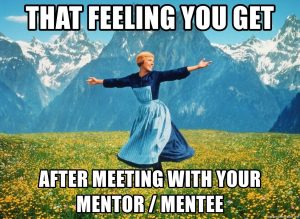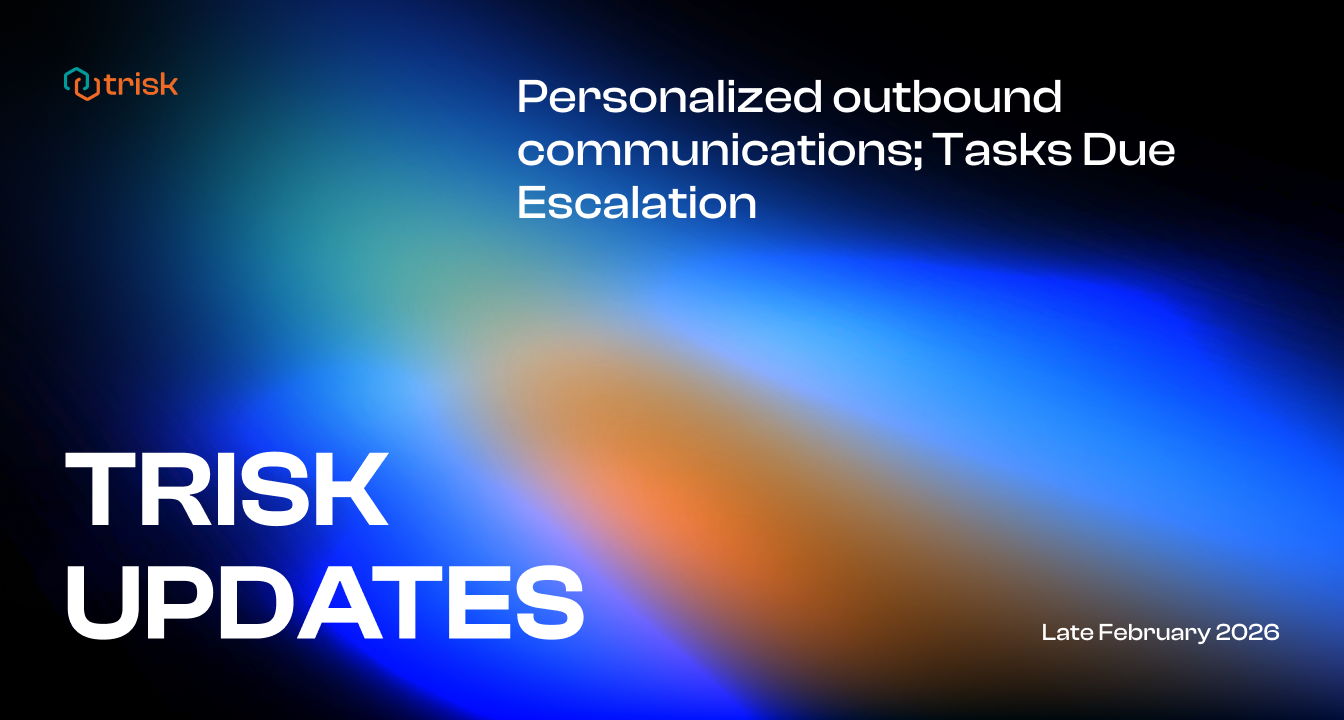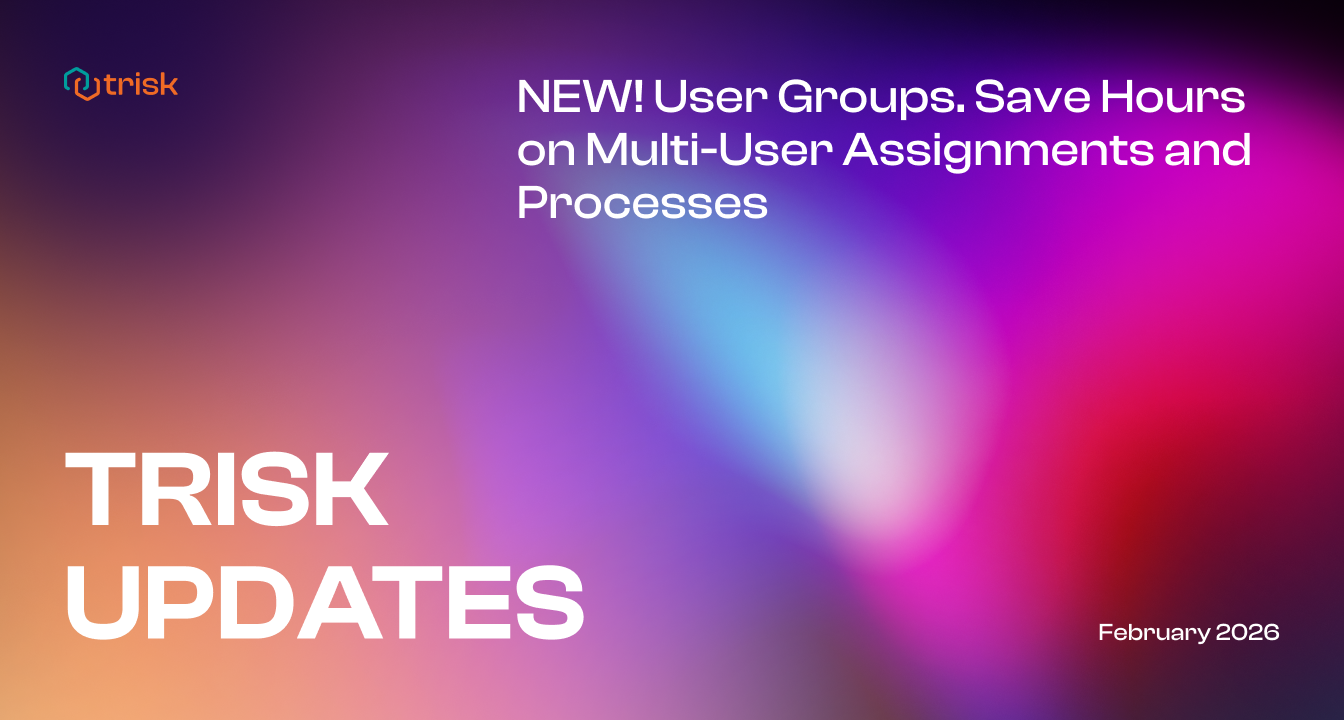Hey there! I have a story to tell you about how I found my true calling in the IT industry. My name is Alex Pustovoy, and I am a QA engineer at Trisk. But I didn’t always know that this was the career path I wanted to take.
I started as a Sales Manager, but it didn’t bring me any satisfaction. So, I decided to explore the other side of the IT industry and stumbled upon the role of a QA engineer. Luckily, my older brother, who was already in the field, gave me valuable advice on what to study and read to get started. I shared the things that a beginner QA needs to know and learn in my previous article. Here is the link.
Transitioning from a Sales Manager to a QA Engineer was no easy feat for me. After numerous interviews, I finally landed a job at a small WEB studio. Although I gained valuable experience there, working as a newbie without a mentor was tough. I found myself constantly doubting my abilities and worrying that I was making mistakes. However, fate smiled upon me when I joined the Trisk team as a QA engineer. I was thrilled to hear that I would have a mentor, and Taras Melnik was assigned to me.

Having a mentor was a game-changer for me, as he not only taught me technical skills but also provided me with moral support and helped me solve complex problems.
Do you ever wonder what it means to have a mentor and their role in your professional development?
Mentoring is a process where an experienced specialist guides a less experienced person to help them develop their professional skills. Contrary to popular belief, a mentor’s job is not to tell you what to do and how to do it. Instead, their primary responsibility is to guide you through the theory and point you in the right direction.
Mentors not only share their knowledge and expertise but also, as I already said above, provide you with moral support and help you navigate complex problems. When you start to doubt your work and feel like giving up, your mentor will be there to motivate you and help you view your problems from a different perspective. Additionally, they will assist you in finding solutions to your problems and guide you toward success. Having a mentor is like having a personal superhero who will guide you toward your goals.
And by the way, even superheroes have mentors. Robin’s mentor was Batman, Professor X taught a whole school of kids how to control their powers, and Peter Parker’s mentor was Uncle Ben. And even before he had spider powers, Peter had already been taught the wisdom, “With great power comes great responsibility.” Through this wisdom, Spider-Man saves thousands of lives.
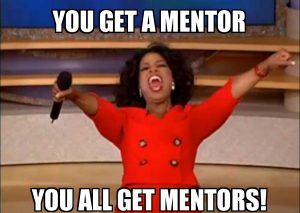
Trusting your mentor is crucial for your success. Mentors can explain complicated ideas in a simple way and guide you on what to focus on when starting your career. They can also help you progress and reach your career goals by using your skills and knowledge effectively.
If I ever have the privilege to become a mentor in the future, I would be incredibly grateful. Drawing from the invaluable experience and guidance I received from my mentor, I would be dedicated to supporting and guiding my mentees in their professional journey. I would take the time to understand their strengths and weaknesses and ensure they have a strong foundation in theory and practice. I would share practical examples and tasks to help them apply their knowledge in real-world situations and strive to find the best approach to effectively communicate and explain concepts. My goal as a mentor would be to provide moral support and confidence and help junior QA professionals overcome any challenges they may face along the way. It would be a true honor to be there for my mentee, just as my mentor was for me, and I would be committed to making a positive and lasting impact on their career.
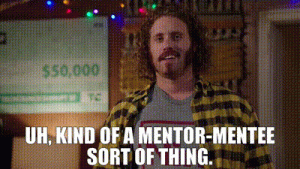
To sum up, having a mentor can make a significant difference in your career, and I can attest to it from my own experience. If you’re starting a new profession or need guidance to achieve your goals, find a mentor who can support and guide you to success.
